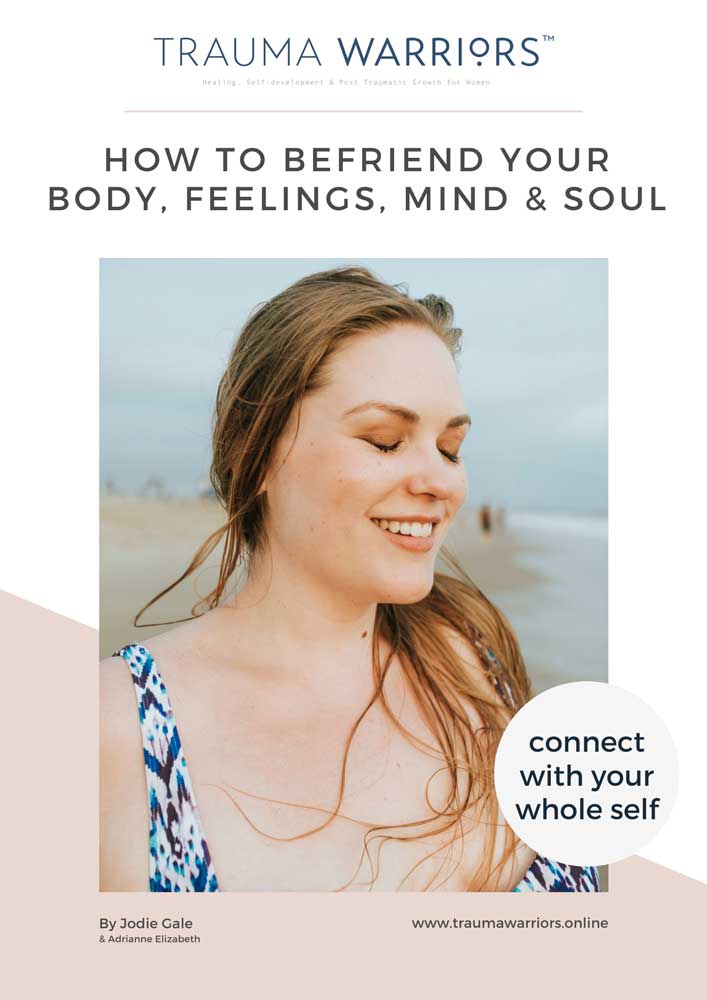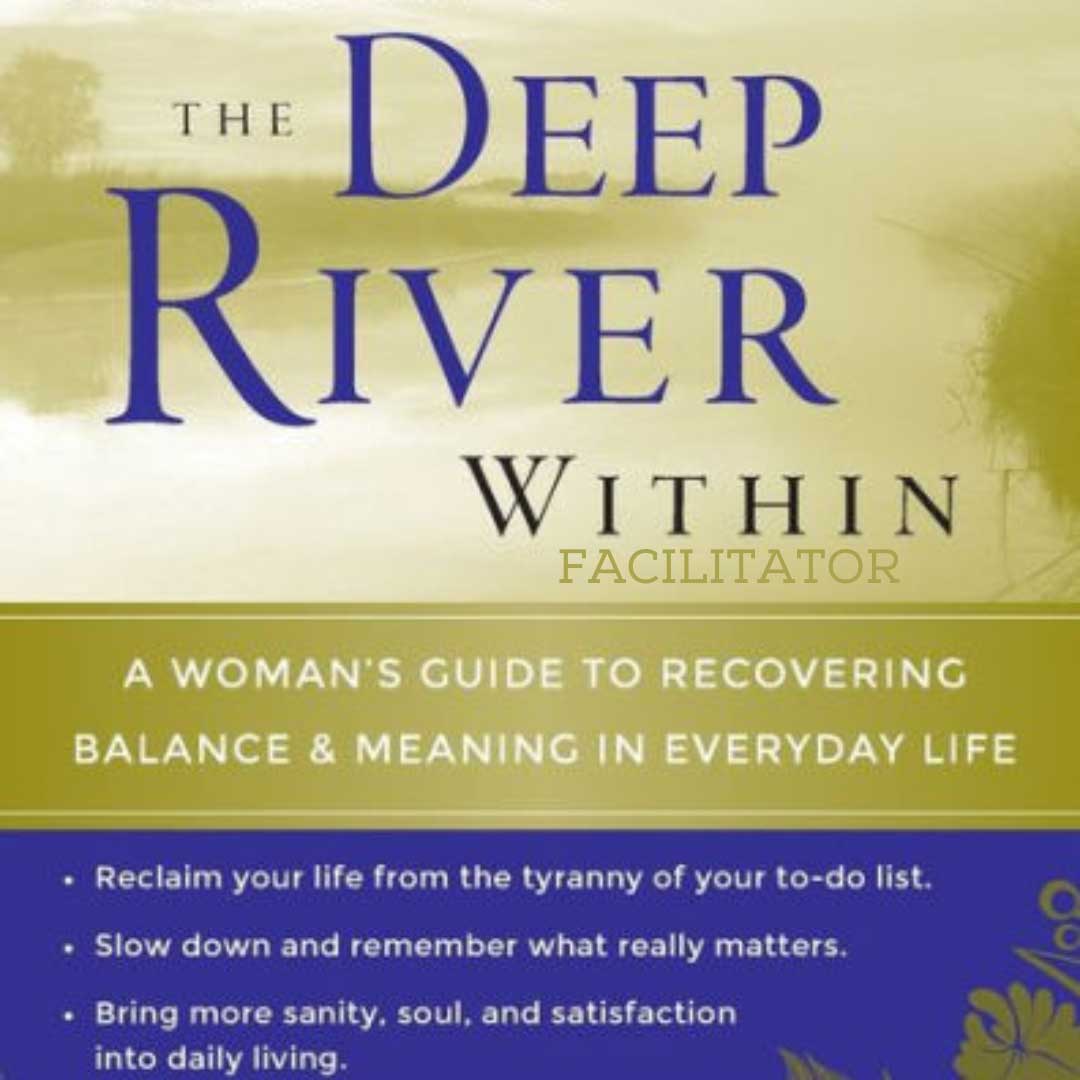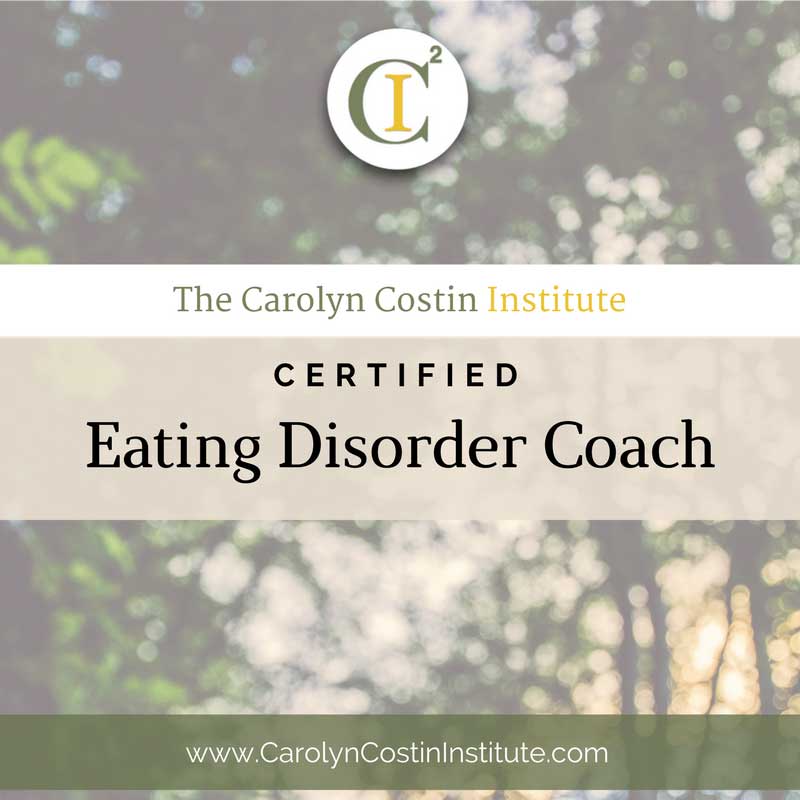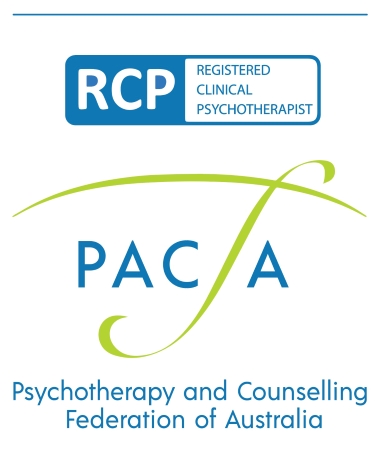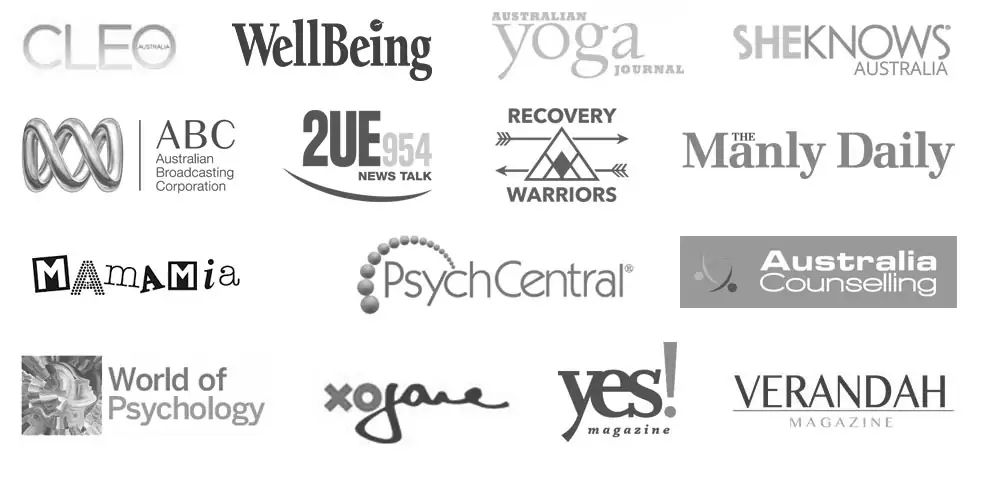Since the pandemic, online therapy and video chat have seen over a 10% growth in therapy requests. Dr Neil Leibowitz from Talkspace says that number is accelerating, likely due to Coronavirus anxiety as well as traditional therapy patients looking for an alternative that allows them to access their therapy remotely throughout this time.
As a psychotherapist who has worked in person for 20 years and online with many clients over the last 8 years – I have had good success working online with women recovering from early childhood trauma, mother-daughter relationship problems, disordered eating and other food, weight and body image concerns. There are multiple studies highlighting the efficacy of online counselling and psychotherapy as well as showing that in many cases, the therapeutic relationship appears to be unaffected by the change to online therapy.
I am definitely a supporter of working online with clients, however, it isn’t for everyone and it is important to do your homework before choosing an online practitioner.
Considerations before choosing an online therapist
Search for ‘Online Therapy’ and you are likely to arrive at one of the big teletherapy search engines. In A Growing Wave of Online Therapy, Amy Novotney writes,
“My concern is that some of these models are probably start-ups that are launched by people in technology, who have good intentions but haven’t fully investigated all the nuances in what’s involved in providing health services,” she says. “Do they fully understand HIPAA [Health Insurance Portability and Accountability Act] /HITECH [Health Information Technology for Economic and Clinical Health], any related state laws and patient confidentiality policies? Do they fully understand that psychologists cannot simply provide services to patients anywhere?”
There are many benefits to online therapy and just as many reasons to be searching for a therapist right now:
- You were in the process of looking for a counsellor or psychotherapist when COVID19 hit
- Your therapist is currently working online because of the COVID19 social distancing requirements
- You are looking for a specialist in addiction, anxiety, depression, eating disorders or trauma, for example, and you can’t find a therapist in your area
- You live in a remote or country town and there is a shortage of specialist counsellors and psychotherapists in your area
- You are seeking a greater level of anonymity and confidentially
- You suffer with social anxiety, a physical disability or struggle to find childcare which makes it difficult for you to attend in person
Interestingly, as I was researching virtual therapy for this article, few of the above reasons and benefits were listed. Instead, I kept coming across the following:
- you can contact the therapist at any time
- you are short of time and can log on wherever you are
- online therapy is cheaper
- therapists can see more clients than they usually do
- there is a greater level of anonymity
On the surface, these benefits are seductive to those in need of support. However, what we want (which is often motivated by the adapted self), isn’t always what we need (true self). As someone who spent a significant amount of time in my twenties and thirties on a deep journey of the soul in weekly, long-term, depth psychotherapy, shorter periods in virtual therapy and coaching, as well as being a provider of online therapy and coaching – apart from the anonymity reasons listed, none of the other benefits appeal to me as a therapist, coach or as a client. I wouldn’t recommend seeking therapy online for these reasons alone. Here is my clinical reasoning:
- You can contact the therapist at any time
This screams LACK OF BOUNDARIES. Ask any therapist and they will tell you that boundaries are a crucial part of the therapeutic frame and are essential for your long-term recovery. Many people with early childhood trauma grow up in chaotic households – having a regular session, one or more times each week, provides much needed security and stability. Being able to contact a large therapy site at any time, means that you will probably get a different therapist each time you call – this is very useful for generalised support but if you are looking to repair early childhood attachment and interpersonal trauma injuries, this is not a particularly useful long-term strategy.
- You are short on time and can’t take time out of your busy life
Much of my work is helping busy Millennials slow down. Therapy is a sacred space to retreat to, away from your busy life. It is an enviroment where you are ecouraged to turn inwards and spend some time-in with yourself. Really think about investing the time you need to take care of your emotional, psychological and spiritual health and well-being.
- The therapist can see more clients than normal
This is a terrible reason to choose a therapist. I know for me, even as a therapist with 20 years of experience, less is definitely more when it comes to how many clients I see a week. Therapists can suffer compassion fatigue and burn out when overextending themselves. It takes a lot of self-care to hold many clients in the depths of suffering and despair – more so in times of national and worldwide crises such as the Coronavirus. Spending an excessive amount of time on screens is also not conducive to the therapist’s physical health and wellbeing.
- Online therapy is cheaper
This is usually the case when you purchase support counselling via massive teletherapy sites. Many therapists say that the rates they are paid by these companies are abysmal and hence why the therapist needs to see more clients than usual. Therapists who have many years of specialist experience charge the same for online or in person therapy – you are paying for the therapist’s time, experience, expertise and skill. The bottom line is that therapy is about investing in yourself.
My top tips to help you find a great online therapist
Searching for a therapist at this time is really no different to searching for a therapist outside COVID19. This is what I would recommend looking for:
- A therapist who you feel that you can grow to trust. Good therapy, whether it is in person or online, works by building a strong therapeutic relationship between you and your therapist. Ultimately, it is this relationship which will help you heal your early childhood attachment concerns and complex trauma, as well as the symptoms that you are suffering with or using to help you cope in your adult life.
- A therapist who is fully qualified and registered with his or her state or national governing body. In Australia, PACFA: The Psychotherapy and Counselling Federation of Australia is one example and, in the UK, UKCP: UK Council for Psychotherapy is another example. This is also where you will find ‘search for a therapist’ databases.
- A therapist who has had their own therapy and who has regular clinical supervision.
- A therapist who specialises in the concerns that you are struggling with.
- A therapist who has trained in the ethics and practice of online therapy. This includes risk assessment, your privacy and confidentiality online.
- A therapist who practices close to your home or work if complete anonymity isn’t a necessity. You can then have a mix of online and in person sessions if the therapist offers both options.
- A therapist who calls you through his or her web content. I often get clients say that they read my blog on the mother-daughter relationship or other topics and that is why they reached out for help.
Due to COVID19, video chat is the new black. Therapists are essential workers and whilst many are still seeing clients in person, most are also now seeing clients for online therapy so reach out to them even if they don’t mention it on their website. You can search for a therapist of your choice by:
- using keywords such as counsellor + your concern + local area
- via a Counselling & Psychotherapy Federation database
- on websites such as Good Therapy Australia or Psychology Today
- in online therapy practitioner databases
For more information about how to find a therapist, check out 10 Amazing Therapists Tell You What Your Doctor Isn’t About How to Choose a Therapist.
Photo Credit: Sincerely Media





